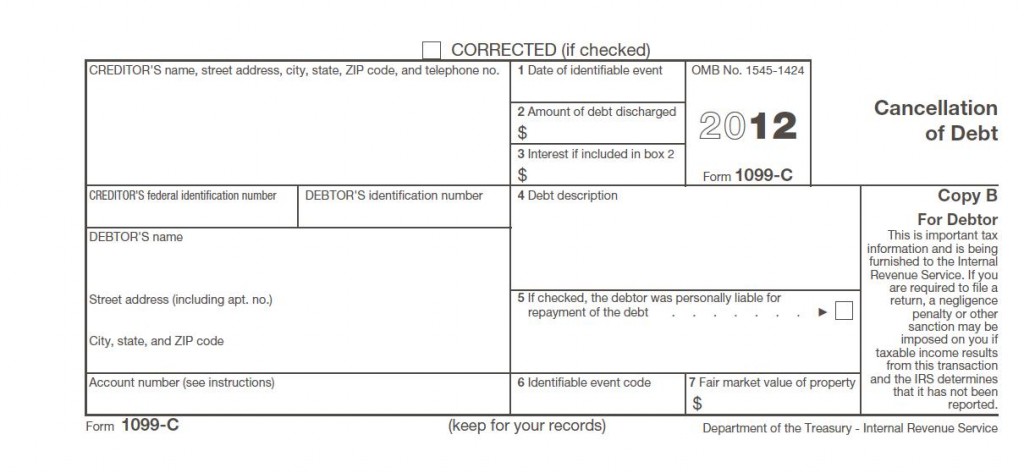Hello everyone. Mike here. On the way up from the elevator to our office, I overheard two young ladies conversing about their trip to Atlanta over the weekend. Later on in the day, a CPA on our floor told us about his upcoming vacation to the Philippines—certainly a fun time to be desired. Near the end of the day, Jan told me she was going to Florida on a business trip with her husband. At this point, I’m thinking in my head “Oh come on! Everyone is leaving Missouri except me!”
Fortunately in the mail we received an invitation to the 2013 Midwest In Motion Education and Networking For Tax Professionals hosted in Chicago and sponsored by the Illinois and Indiana Societies of Enrolled Agents. In need of a small vacation, and especially in need of a grasp on the Patient Protection and Affordable Care Act, I went up to Chicago for the two day symposium (Ok you got me, I also needed continuing education credits).
Upon my arrival, I was the only RTRP (Registered Tax Return Preparer) in the room full of Enrolled Agents; I felt like a fish out of water at this point. But as I settled in and conversation naturally bloomed, I could not have felt more comfortable. Everyone was extremely nice and friendly and I felt like I belonged in the tax industry.
The two speakers, James R. Hasselback, PhD, and Robert E. McKenzie, JD, EA, were great and very articulate. They discussed such topics as the healthcare act, cancellation of debt, bankruptcy, audit reconsideration, and Schedule C hotspots. It’s hard to stay attentive at an all day seminar and they made it easy.
But the real fun was after the seminar. Karen Miller of Eberhart Accounting Services, P.C. located in Bolingbrook Illinois was kind enough to show me around Chicago. We took a walk along Lake Michigan and snapped a few pictures. What a beautiful city.
Furthermore, we went to the Navy Pier and rode the big Ferris Wheel. This was certainly a “Kodak Moment” as the dusking sun created some nice illuminations off the city skyline.
For someone who doesn’t get out as much as I should (because I’m too busy reading tax law I guess), a change in scenery was definitely in order to expand my horizons. I am very young to be in this industry—as I write this I am 24 years of age—and I plan to get my Enrolled Agent license by the end of December 2013. This event sparked this notion and I am truly grateful to have been a part of it.
Thank you again to the Illinois and Indiana Societies of Enrolled Agents and a very special thanks to Karen Miller of Eberhart Accounting Services, P.C. I would also like to thank Ana G., Bill B., and Jeff S. and the speakers, James Hasselback and Robert McKenzie.





